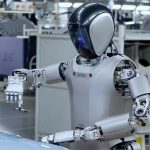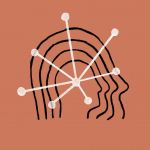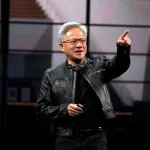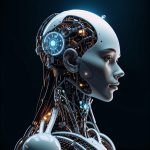Orbital supercomputer: China creates a network of 2800 satellites with AI
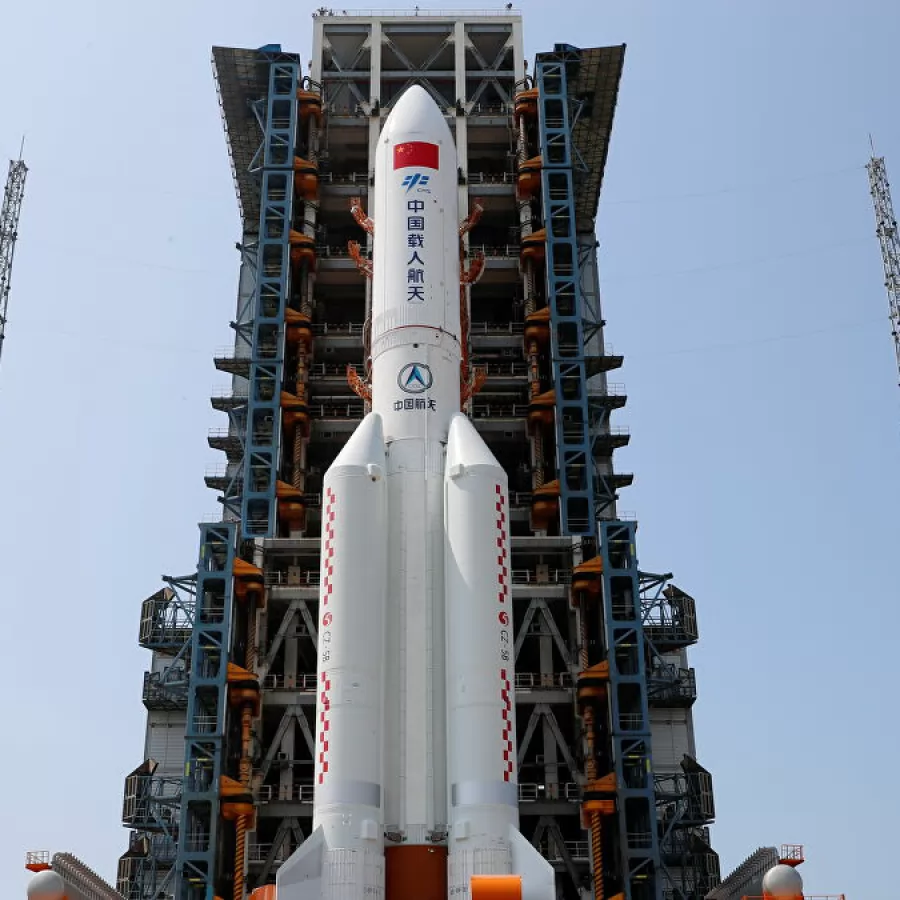
Orbital supercomputer: China creates a network of 2800 satellites with AI
China has launched the first 12 satellites into space from a planned network of 2800 spacecraft. Which together form an orbital supercomputer. The main feature of these satellites is the ability to process collected data independently, without sending it to ground stations.
Each satellite is equipped with an artificial intelligence model with 8 billion parameters and a computing power of 744 TOPS. These are tera-operations per second. For comparison, launching Microsoft Copilot requires only 40 TOPS. Together, the first 12 satellites can perform thousands of trillions of calculations or 5 POPS. This is the number of peta-operations per second.
The satellites communicate with each other using lasers at speeds of up to 100 gigabits per second and have a shared data storage of 30 terabytes. Besides computational tasks, they carry scientific equipment. For example, an X-ray polarization detector for studying cosmic phenomena like gamma-ray bursts. The system is also capable of creating three-dimensional digital copies of objects for use in emergency situations, games, or tourism.
The ultimate goal of the project is to create a network of thousands of satellites with a total power of 1000 POPS. By the year 30, China plans to become a world leader in the field of artificial intelligence, and this project is considered an important step on this path.
According to the data I found, it turns out that traditional satellite transmissions are slow. And I quote, “less than 10%” of satellite data reaches Earth. Due to the limited bandwidth and availability of ground stations. Processing data in space eliminates this bottleneck.

